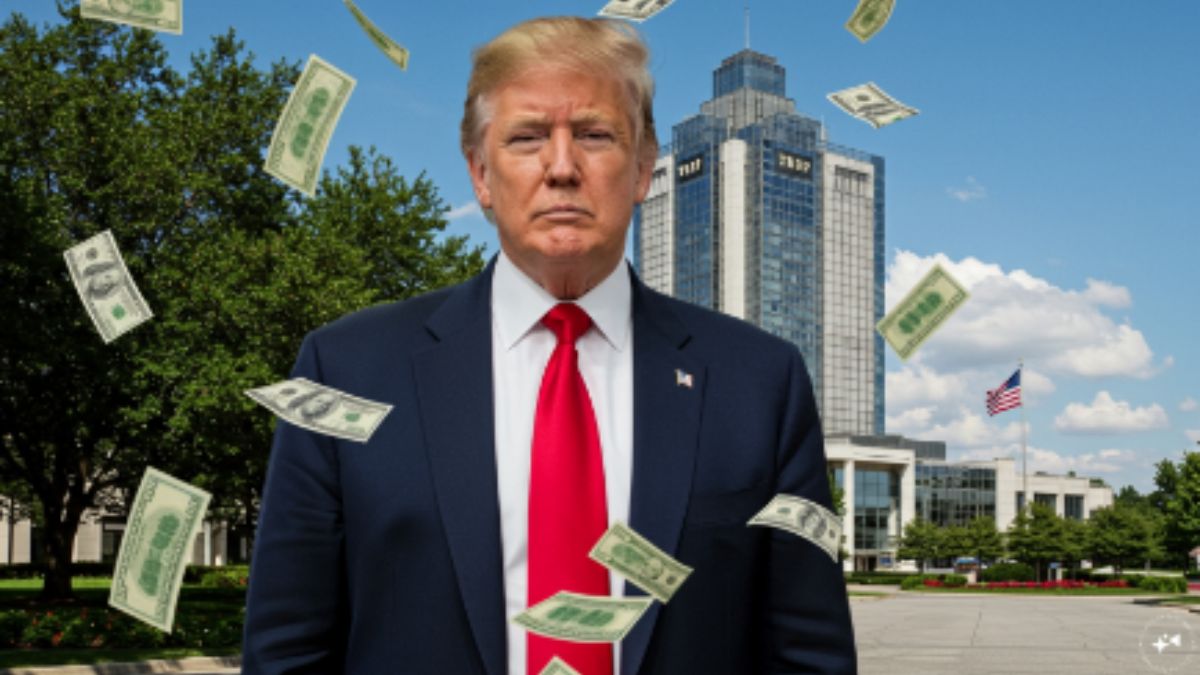The US House of Representatives narrowly passed President Donald Trump’s “One Big Beautiful Bill” on May 22, which includes a 3.5 per cent excise tax on remittances sent abroad by non-US citizens and non-nationals.
The proposed legislation, if approved by the Senate, could significantly impact millions of Non-Resident Indians (NRIs) in the United States, many of whom regularly send money to family members in India.
Under the bill, individuals on H1B, L1, and F1 visas, as well as Green Card holders, would be subject to the tax starting January 1, 2026. For instance, a $1,000 transfer to India would incur a $35 tax, reducing the amount received to $965. The tax cannot be offset against federal or state taxes and is in addition to any existing taxes paid.
India, the world’s largest recipient of overseas remittances, received approximately $129 billion in 2024, with 28 per cent originating from the US, according to the World Bank. The Global Trade Research Initiative (GTRI) warns that the new tax could decrease remittances to India by 10-15 per cent, representing a loss of $12-$18 billion annually.
Additionally, Trump’s administration has tightened immigration rules, significantly limiting international student admissions and imposing stricter conditions for work visas. These combined measures have led some Indian nationals to reconsider plans for studying or working in the US.
Strained India-US relations
The move, combined with restrictions on international students and critical comments on India-Pakistan issues, is straining US-India relations.
President Trump has claimed credit for brokering a ceasefire between India and Pakistan following escalating tensions earlier this month. He stated that US intervention prevented a “bad nuclear war” between the two nations, asserting that trade negotiations played a key role in de-escalating the conflict.
However, Indian officials have refuted these claims, emphasising that the ceasefire was a result of direct military-to-military communication between India and Pakistan, without third-party mediation. India’s Ministry of External Affairs reiterated that the understanding was reached bilaterally and warned against external narratives that could misrepresent the situation.
Impact Shorts
More ShortsThe combination of the remittance tax proposal and contentious statements regarding international diplomacy has led some Indians to reconsider plans to study or work in the US, potentially affecting long-term bilateral trade negotiations and diplomatic relations.
With inputs from agencies


)

)
)
)
)
)
)
)
)



